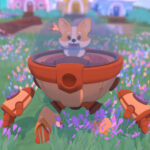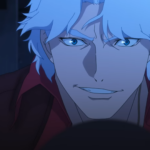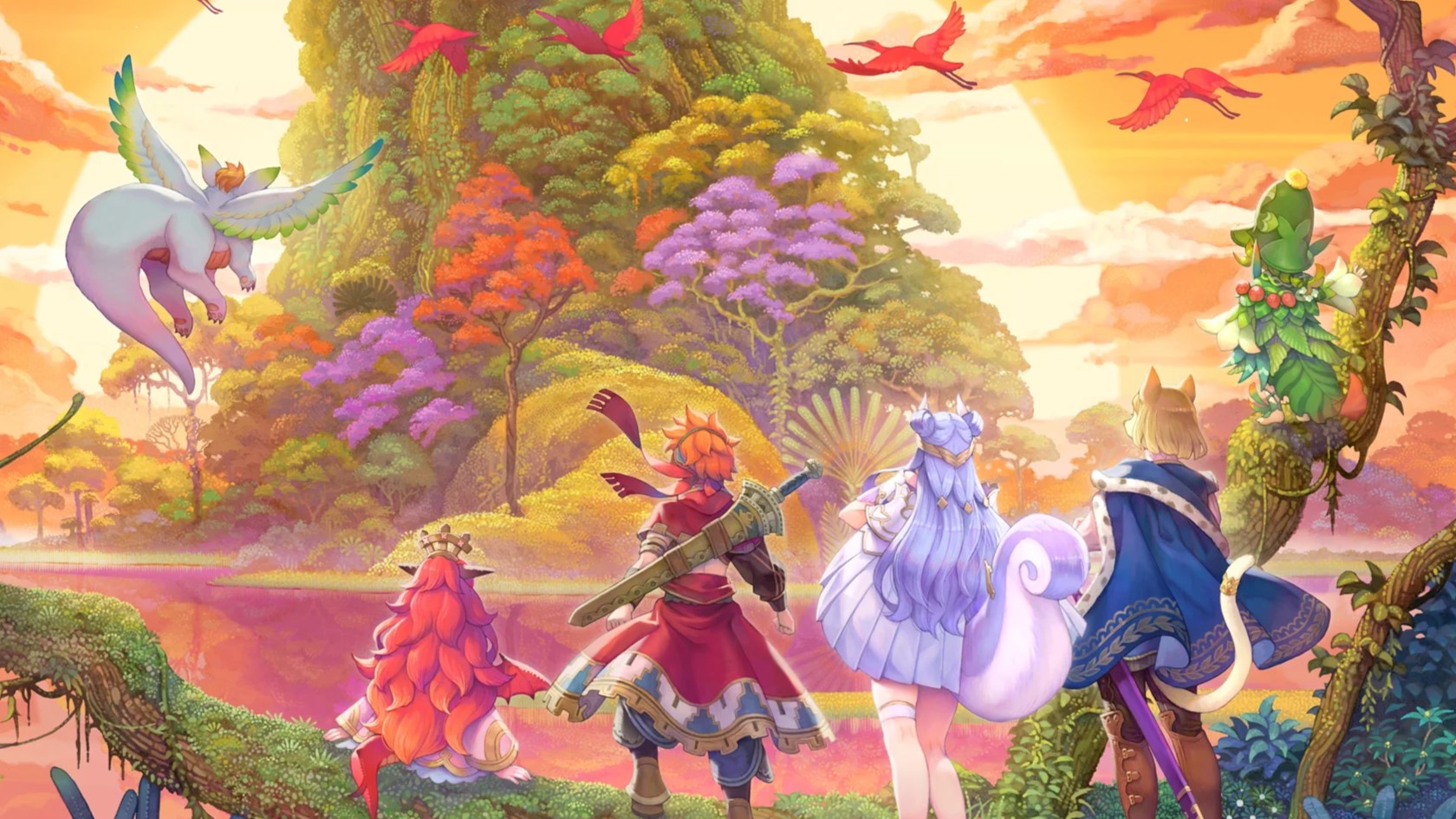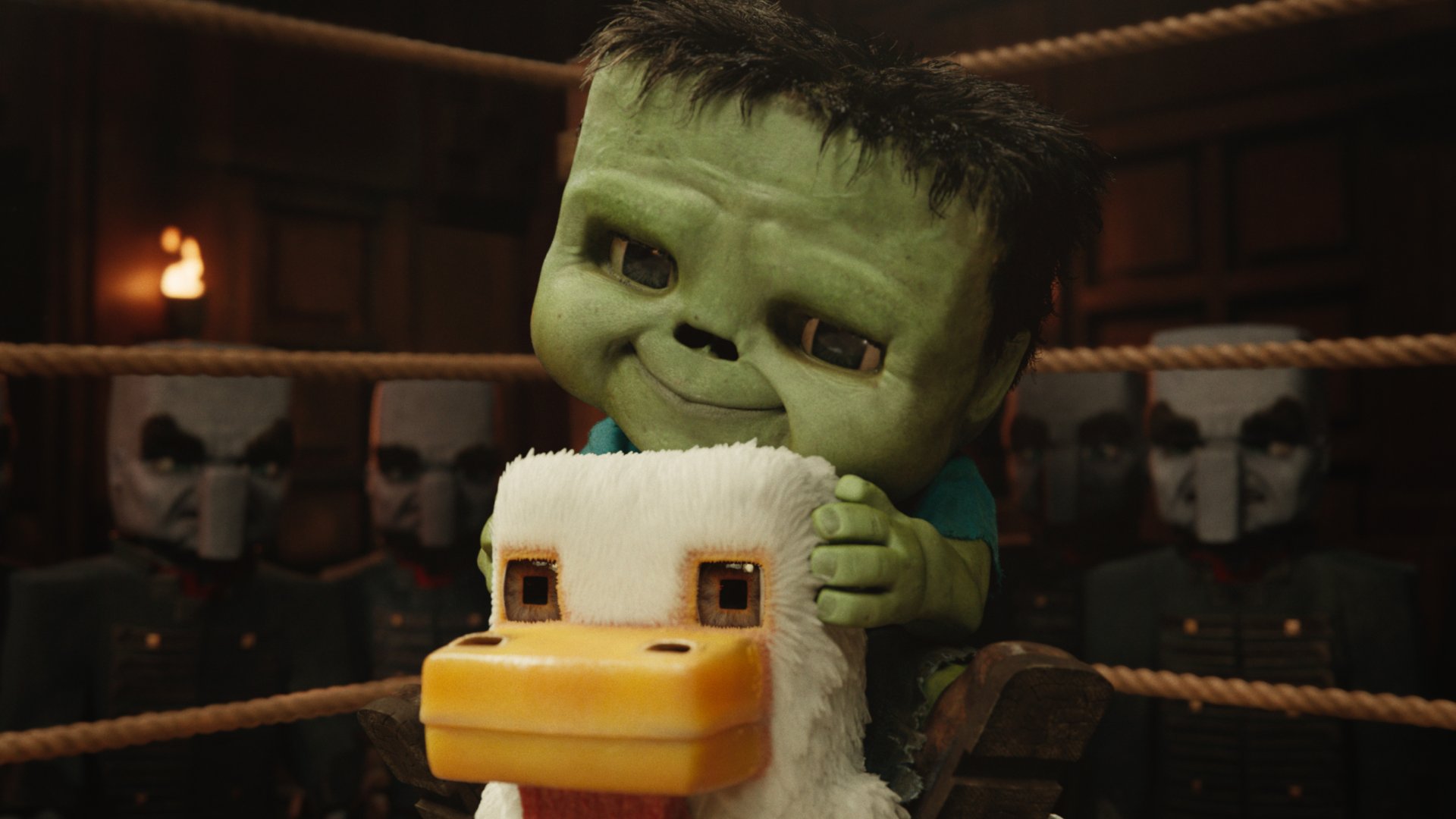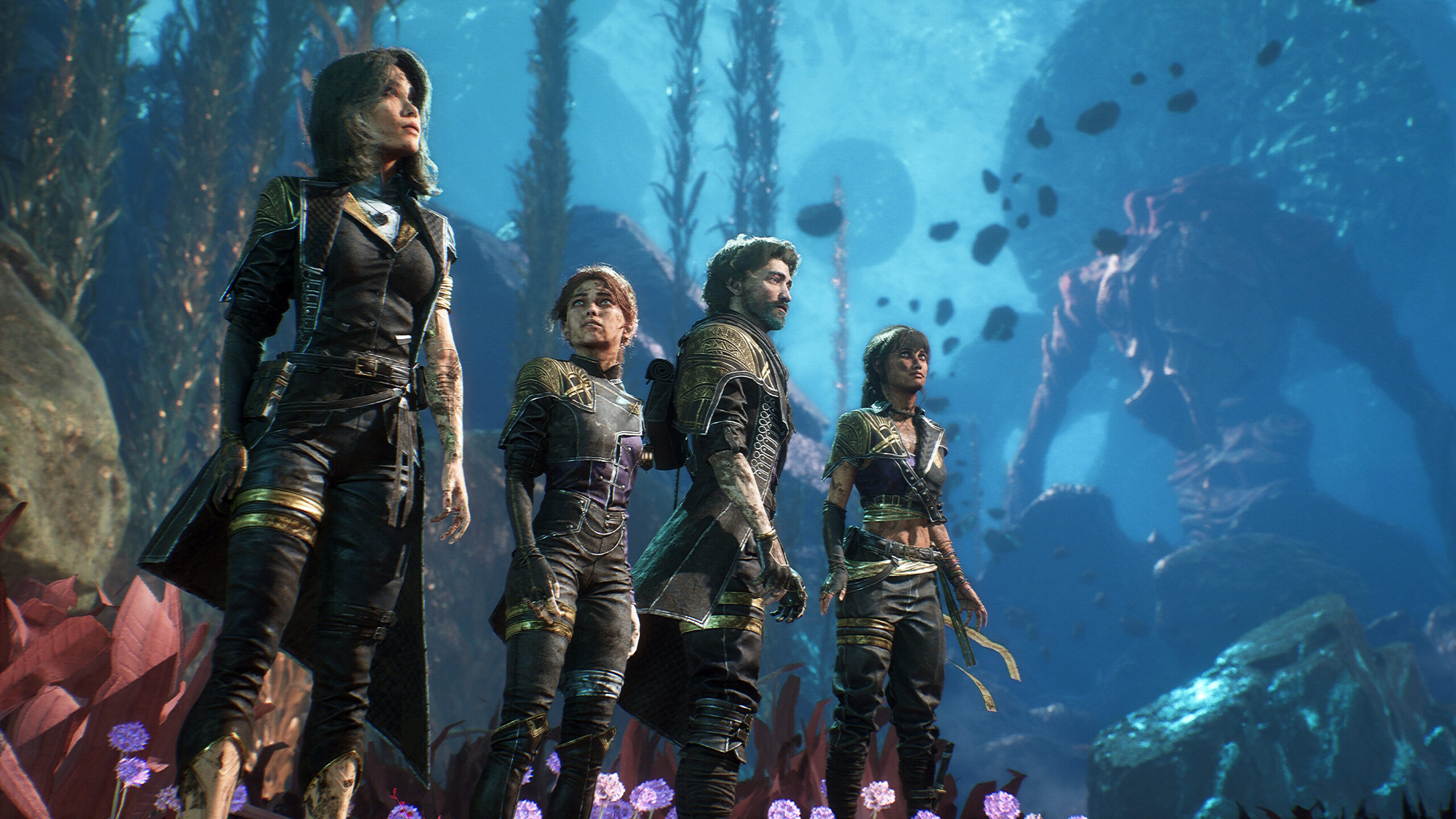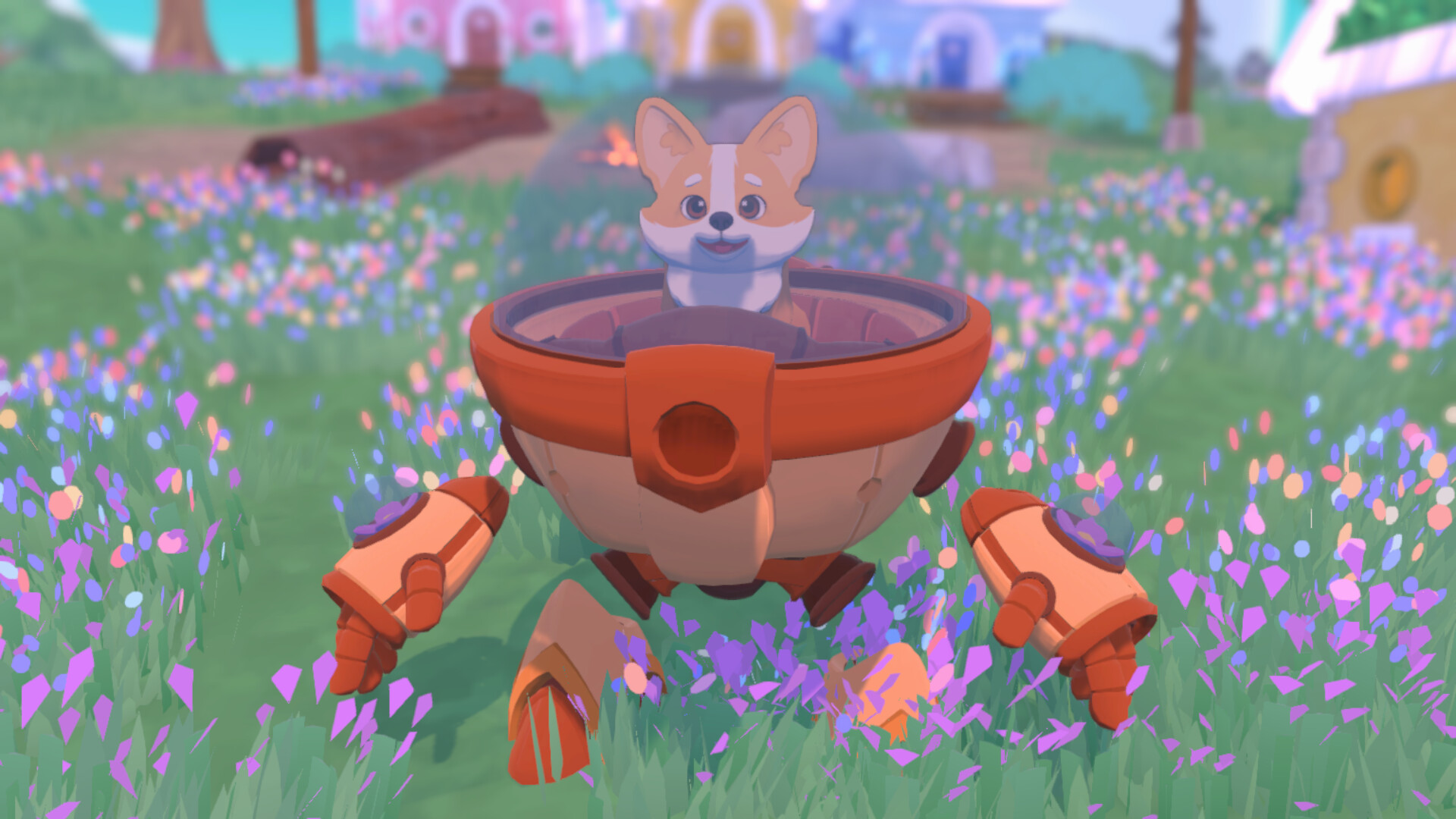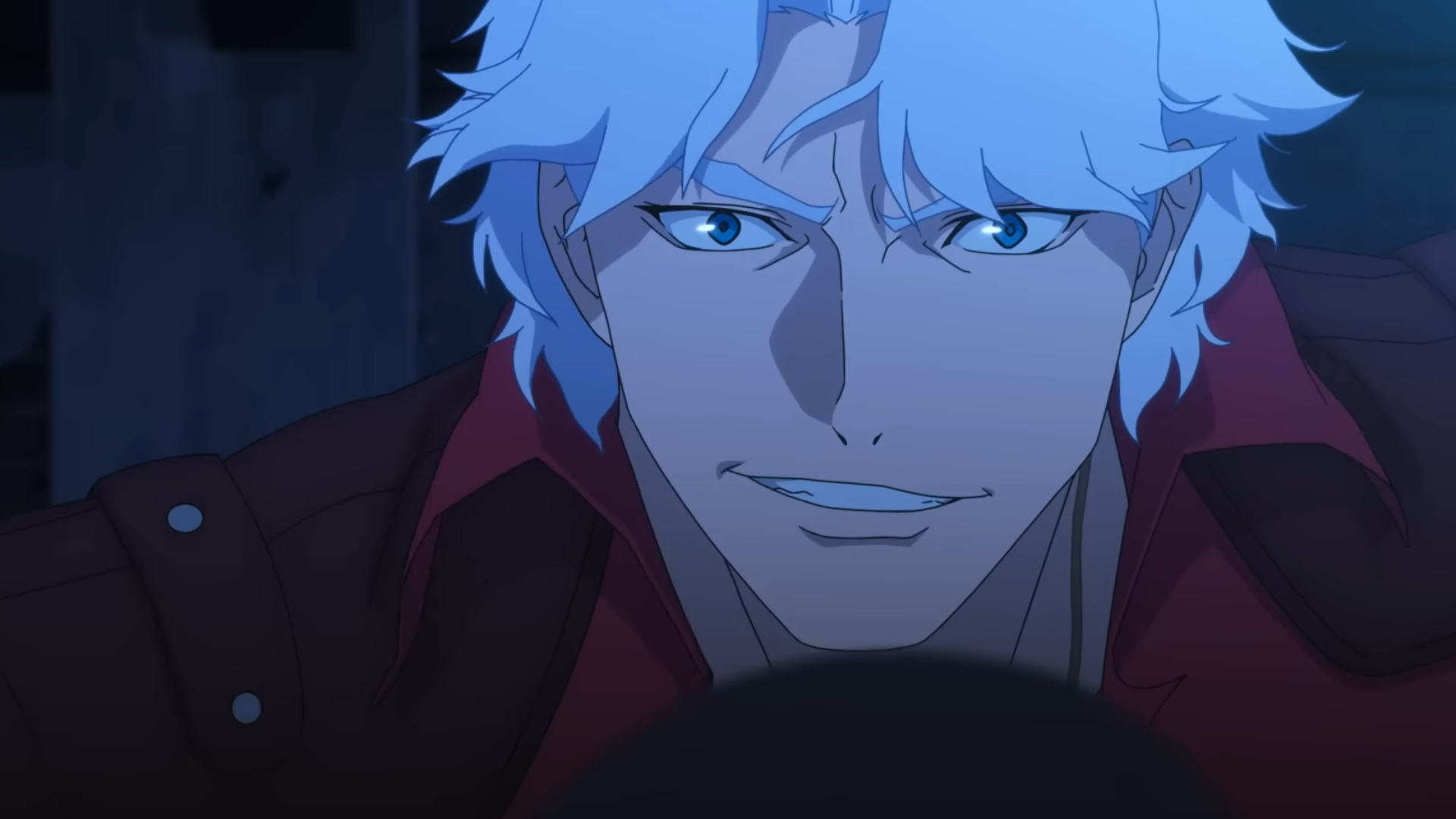In a November financial briefing picked up on by My Nintendo News, Square Enix CEO Takashi Kiryu said that he wants to structure Square Enix “to ensure higher quality from each title by slimming down our lineup.” It’s the exact kind of thing CEOs say all the time, and most videogame publishers seem to vacillate between fewer, bigger games and more small games every half decade or so. But based on Square Enix’s output over the last few years, a slimmed-down lineup would eliminate most of the publisher’s games that are actually worth paying attention to.
Square Enix has had a volatile, well, decade in the games business. There seems to be a “throw everything at the wall” mentality over at Square Enix HQ, which has resulted in a few genuinely great and surprising games, and a few pitches so embarrassing you have to wonder how the hell they got the green light. This spaghetti-based idiom can only extend so far, you know, and I think at a few points in the last 10 years Square Enix has thrown some bowling balls straight through the wall of common sense. Final Fantasy 15’s strung out development, Forspoken’s memed-on writing, Marvel’s Avengers’ memed-on… everything. Selling IO Interactive, only to turn around and watch the studio crush it with Hitman 2 and 3.
Balan Wonderworld. Babylon’s Fall.
The Quiet Man.
I am no business genius, but I feel like I could’ve avoided puncturing my wall with at least a couple of these disasters. Would I have caught Yuji Naka insider trading under my nose? Maybe not! But would I have slobbered all over the blockchain and NFTs at the earliest possible opportunities? I’m going with a much more confident L O L N O on that one.
Square Enix has certainly had some recent wins too, though. Final Fantasy 14 is continuously celebrated; PowerWash Simulator was a surprise hit; Final Fantasy 7 Remake was the smash success Square hoped for, despite what I’d charitably call “some of the worst sidequests I’ve ever played” and pacing that challenged Peter Jackson’s Hobbit movies to a “most padded childhood fave” contest.
I thought Final Fantasy 7 squandered the opportunity to fill Midgar with the characterful stories it deserved, and Final Fantasy 16 apparently followed its lead. If these shiny megamillions games were the only ones Square Enix was making, I’d declare its relevance as an RPG studio well and truly over. But in between blockbusters, Square has filled the last few years with a range of lower budget games that actually kinda rock, or are at least interesting instead of aiming for maximum mainstream appeal.
(Image credit: Square Enix)
Square can’t afford to make a game like Final Fantasy 16 without aiming for the broadest possible audience, but that restriction loosens a bit when you’re doing an HD 2D remake of one of your weirdest Super Nintendo games, a visual novel murder mystery, or a dungeon crawler from one of your all-time great designers that barely had the budget for graphics.
In 2021 Square Enix finally released good-looking remasters of the classic Final Fantasy games on PC. In 2022 it released three strategy games in the span of just a few months, which was a treat but also perhaps exactly the kind of thing CEO Takashi Kiryu would point to to justify making fewer games.
“As our customers’ needs and the types of devices available have diversified, we have tried to produce hits by developing a wide variety of titles rather than by focusing only on certain ones,” he said. “I believe that this has resulted in the splintering of our resource pool.”
There’s some accurate self-reflection in there—the marketing team certainly could’ve done a better job promoting Tactics Ogre Reborn, Triangle Strategy and The DioField Chronicle if they hadn’t all come out so close together. Likewise Square Enix seems to squander every opportunity to win over PC players between console exclusives, Epic exclusives, and meager ports for its biggest games. Kiryu specifically mentioned wanting to bulk up the marketing team, which could be good news for the kinds of smaller, more creative games the company has been releasing to little fanfare.
Some of Kiryu’s other statements in the financial briefing seem to directly contradict his line about Square “slimming down” its lineup, to the point that I’m not really sure what his strategy is.
“I want to increase our development proficiency by strengthening our internal development capabilities so that we are able to achieve greater diversity in our title portfolio,” he said. “Over the long term, we need to strengthen the internal portion of our development function. More specifically, I mean that we want to concentrate our development resources on carefully selected new titles that we will develop to a high level of quality. At the same time, rather than focusing solely on major titles, we want to also take on new challenges, partly because we want to add to the diversity of our portfolio of titles, as I noted earlier, while also enabling our developers to expand their skill sets.”
How the heck does that square with “I want to structure our development function so that we are able to ensure higher quality from each title by slimming down our lineup,” Kiryu?? The CEO’s final comment on this subject was that “the market is increasingly polarized between blockbuster and indies titles,” and he feels that Square Enix has “developed many titles that fell somewhere in the middle.”
“I want to make clearer distinctions going forward,” he said.
No offense to PowerWash Simulator, but “the middle” is the only place Square Enix is doing consistently good work today. Its steady stream of HD 2D RPGs, its strategy games, and its 3D reinterpretations of classic games are all delivering on a style of game that felt dangerously close to going extinct from Square Enix’s lineup not so long ago.
Trials of Mana was a genuine charmer, and Visions of Mana, shown off at length during Xbox’s recent Developer Direct, is the exact style of “PS2 RPG but modernized” that I know Square Enix’s most diehard fans are craving.
It’s delightful! And no, it won’t sell 10 million copies, but it’s also going to cost a fraction of what Final Fantasy 16 cost to make, without trying to thread the impossible needle of pleasing fans who want a number-heavy RPG and the broader audience Square was chasing. Kiryu is no doubt right that Square Enix needs to get better at marketing its broad range of games, but I’d much rather see a future Square that gives up on Forspokens than Harvestellas. Gambling’s a lot more exciting when you’re not going all-in on every hand.




